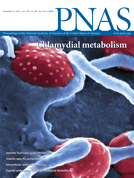 In 2012, news media were abuzz with a new finding from PNAS: Authors based in Israel had found evidence that our brains can unconsciously process more than we thought — including basic math and reading. In other words, the authors claimed people could read and do math without even knowing what they were doing.
In 2012, news media were abuzz with a new finding from PNAS: Authors based in Israel had found evidence that our brains can unconsciously process more than we thought — including basic math and reading. In other words, the authors claimed people could read and do math without even knowing what they were doing.
With such a major development in the field of consciousness research, other groups quickly got to work trying to replicate the findings. Those efforts have taken some twists and turns — including a recent retraction of a replication paper that was, itself, not reproducible (which is not something we see every day). But overall, five years after the initial, remarkable result, the replication efforts are calling it into question.
According to Pieter Moors at KU Leuven, a researcher in this field:

 Despite continuing to vigorously defend their work, the authors of a controversial paper about the effects of human pollution
Despite continuing to vigorously defend their work, the authors of a controversial paper about the effects of human pollution  A diabetes researcher who once sued a publisher to prevent several retractions has just issued his 12th.
A diabetes researcher who once sued a publisher to prevent several retractions has just issued his 12th. PLOS ONE has
PLOS ONE has 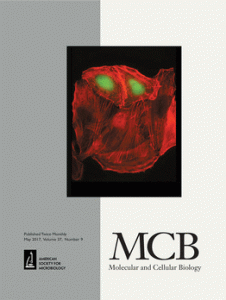
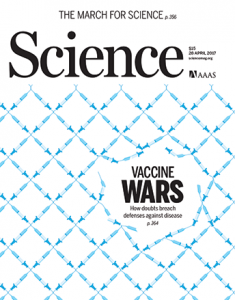
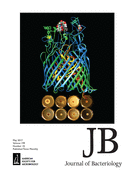
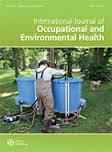 First, an occupational health journal appointed a new editor with industry ties without consulting the editorial board. Then, with no explanation, it withdrew a paper by the previous editor that was critical of corporate-sponsored research — again, without consulting the editorial board.
First, an occupational health journal appointed a new editor with industry ties without consulting the editorial board. Then, with no explanation, it withdrew a paper by the previous editor that was critical of corporate-sponsored research — again, without consulting the editorial board.